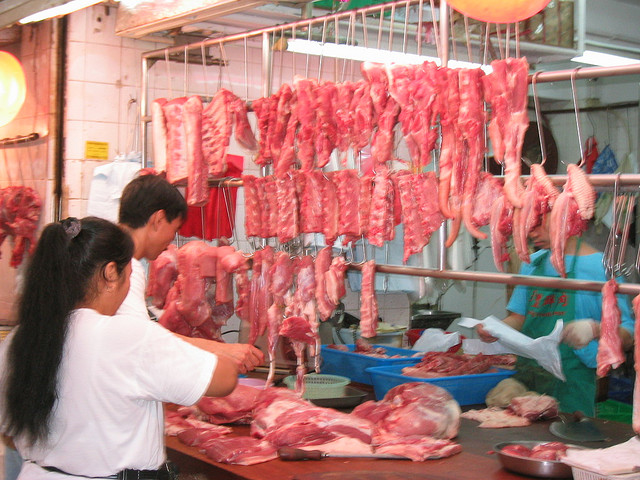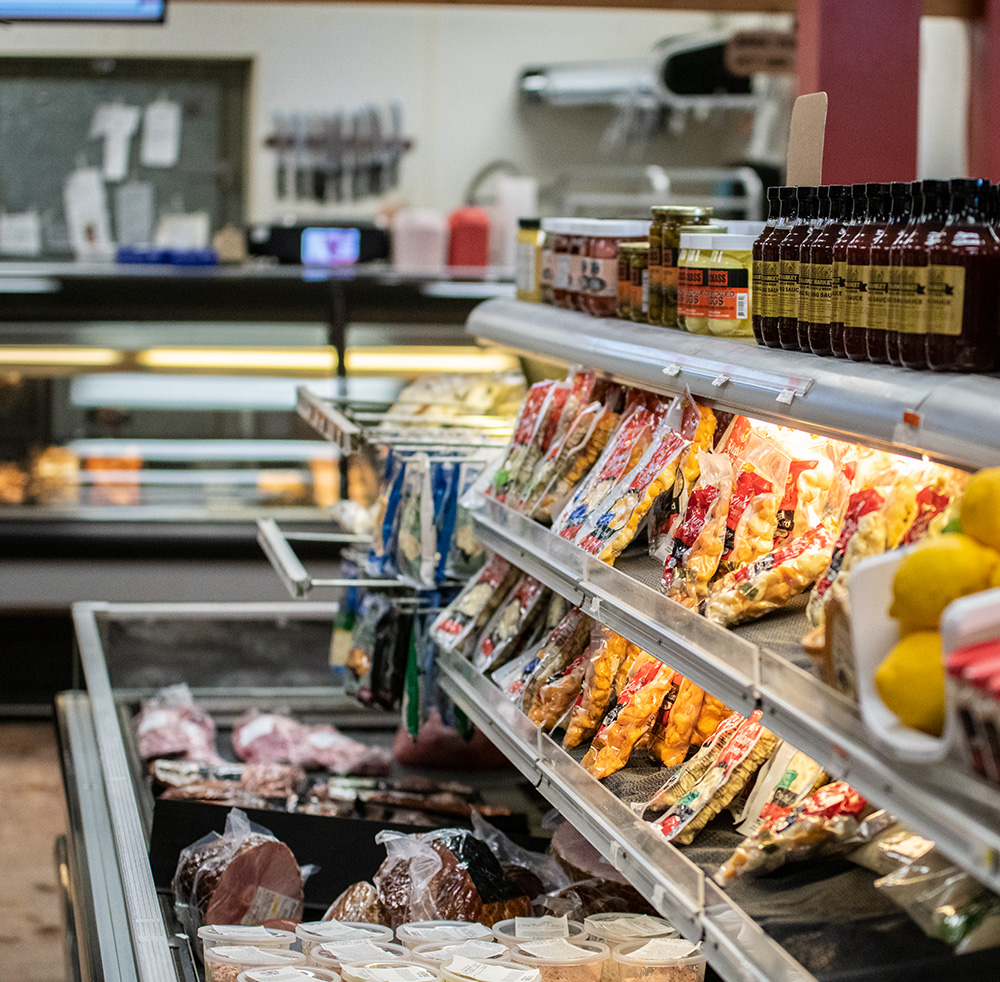Why Buying at a Farmers Market Supports Neighborhood Farmers and Your Area
Buying at a farmers market works as a concrete ways of sustaining regional farmers while at the same time boosting the economic fabric of your neighborhood. By taking part in these markets, consumers add to a sustainable agricultural community that prioritizes fresh, premium produce and promotes direct connections between buyers and growers. This practice not only grows a sense of community yet also urges the conservation of neighborhood food practices. Understanding the broader implications of these interactions can reveal exactly how relatively basic options at a farmers market can resonate throughout the entire community. Think about the impact this has on local economies and food systems.
Financial Benefits of Farmers Markets

Farmers markets considerably add to neighborhood economic climates by cultivating direct sales between manufacturers and consumers. Such reinvestment not just enhances efficiency yet also suffers neighborhood farming jobs.
Additionally, farmers markets boost economic activity within the surrounding area. By bring in consumers who may likewise buy nearby companies, these markets assist to produce a vivid local community. The increase of buyers urges foot website traffic, which benefits stores, cafes, and restaurants, ultimately resulting in a multiplier effect that strengthens the overall economy.
This diversification of neighborhood offerings can enhance community identification and pride. On the whole, the economic advantages of farmers markets prolong much beyond straight sales, promoting a resistant and robust neighborhood economic situation.
Freshness and High Quality of Produce
The unrivaled quality and high quality of produce found at farmers markets are key variables that attract customers looking for healthy and savory choices. Unlike grocery store offerings, which frequently go through long transportation times and storage durations, the fruits, vegetables, and other items available at farmers markets are generally harvested simply days or also hours before being marketed. This immediacy guarantees that the nutrients, flavor, and texture are maintained, providing a premium cooking experience.
Additionally, farmers markets usually feature seasonal produce, permitting customers to take pleasure in fruits and vegetables at the peak of their ripeness. Regional farmers take pride in their growing methods, usually using lasting methods that enhance the top quality of their produce.
The direct connection between the farmer and the consumer at these markets promotes transparency regarding agricultural techniques, even more assuring consumers of the high quality of their acquisitions. As a result, consumers can confidently support their wellness while enjoying the rich flavors that come from local, freshly harvested fruit and vegetables.
Structure Area Relationships
Neighborhood connections thrive at farmers markets, where local producers and customers engage in purposeful interactions. farmers market edwardsville il. These markets work as lively area centers, fostering connections that expand past simple deals. Consumers have the distinct possibility to satisfy the really farmers that expand their food, facilitating a much deeper appreciation for agricultural practices and the challenges encountered by local manufacturers
This straight interaction constructs count on and loyalty, enabling customers to support the very individuals that add to their area's economic situation and vigor. Moreover, these communications often bring about the sharing of knowledge concerning seasonal produce, cooking pointers, and lasting practices, enhancing the community's cumulative understanding of food systems.
Furthermore, farmers markets develop a sense of belonging, as people from diverse backgrounds come together to commemorate regional culture and shared values. Events and tasks at these markets commonly advertise neighborhood artisans, artists, and companies, enhancing area ties (farmers market edwardsville il). As connections strengthen, locals become much more bought the success of their local farmers, growing a supportive setting that profits all. Ultimately, purchasing at farmers markets is not nearly acquiring food; it has to do with nurturing area bonds that contribute to a resilient and successful regional community.
Encouraging Sustainable Practices
At farmers markets, sustainable techniques are not just urged however actively advertised, developing a system for eco mindful intake. These markets typically include regional farmers who make use of natural farming techniques, which considerably lower the dependence on synthetic pesticides and fertilizers. By focusing on organic farming, they add to healthier environments and promote dirt health, ensuring that the land can maintain agricultural techniques for future generations.
In addition, several farmers at these markets welcome sustainable techniques such informative post as crop rotation and permaculture strategies, which boost biodiversity and reduce soil erosion. The focus on seasonal fruit and vegetables likewise decreases the carbon impact connected with delivering food over cross countries, promoting a more sustainable food system.

Sustaining Local Food Systems

Sustaining neighborhood food systems also reduces the carbon impact associated with transferring food over fars away. When customers purchase straight from regional farmers, they reduce the requirement for substantial supply chains, consequently conserving energy and sources. Furthermore, farmers markets often urge sustainable farming methods, as regional producers are most likely to prioritize eco-friendly techniques to interest their area.
Furthermore, by investing in regional food systems, customers contribute to the resilience of their communities. A durable regional food network can withstand external stress and economic variations, ensuring a steady food supply. Eventually, buying at farmers markets not only supports neighborhood farmers yet additionally enhances the overall wellness and sustainability of the neighborhood's food environment.
Final Thought
Purchasing at farmers markets plays a vital duty in sustaining local farmers and improving neighborhood resilience. The direct connection between consumers and neighborhood manufacturers not just makes certain accessibility to fresh, premium food yet additionally strengthens regional food systems.
Purchasing at a farmers market offers as a substantial ways of supporting local farmers while concurrently strengthening the economic textile of your community. By prioritizing neighborhood sourcing, farmers markets aid keep local farming diversity and promote the usage of seasonal fruit and vegetables, which in turn reinforces local economic situations.
Ultimately, buying at farmers markets not just supports neighborhood farmers but also enhances the overall wellness and sustainability of the neighborhood's food community. (farmers market edwardsville il)
Shopping at farmers markets plays a crucial duty in boosting and sustaining local farmers YOURURL.com neighborhood durability. The direct relationship in between customers and neighborhood manufacturers not just makes sure accessibility to fresh, top notch food yet also reinforces regional food systems.